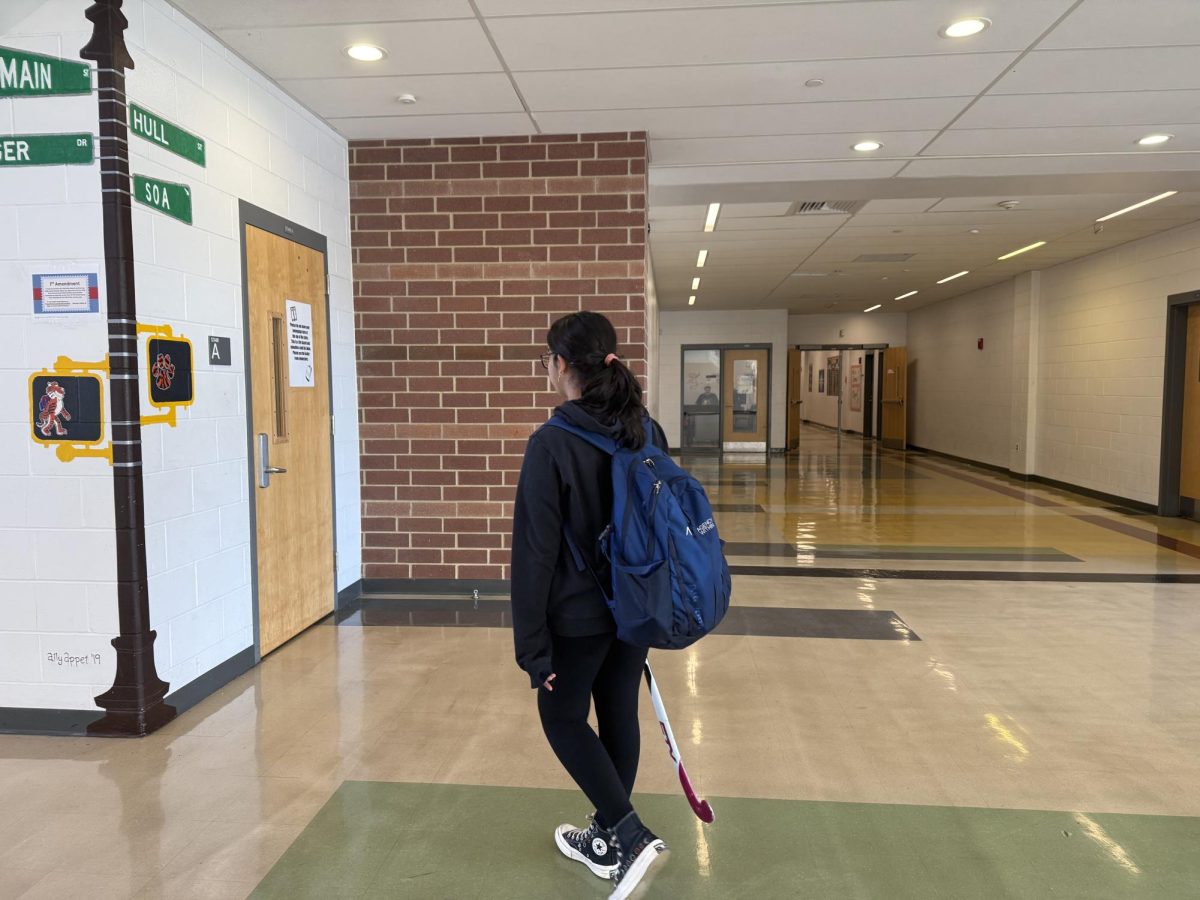As the new school year begins, many North students remain confused about how detentions are assigned and carried out, even though the detention system has existed for years.
“I only know about lunch detentions,” said junior Katya Graves. “ I don’t really know what the process is to get one and I don’t know what goes on during actual detention.”
According to the student handbook, detention is designed to hold students accountable for their actions when they fail to meet the school expectations. Detention is primarily overseen by deans. However teachers also have the authority to assign and oversee their own detentions.
According to Beals House Dean Scott Heslin, detention can be completed in a variety of ways. The standard dean-led detention is held during Tiger block, typically in the cafeteria yet administrators will determine the final location day the detention is to be served, to which students are assigned via a Google Form filled out by their teachers.
Heslin added that offenses that may result in detention include: skipping WIN or advisory, consistent tardiness, plagiarism, or unexcused absences.
“The goal of detention is to make sure that not following school rules does not become a pattern,” said English teacher Kate Shaughnessy, who in the past oversaw attendance. “We want to correct students’ behavior and make them understand that school is valuable, so missing it is not okay.”
According to Heslin, teachers may assign detention before or after school as well as during lunch and even in the form of community service. “The term community service could be anything you can think of,” Heslin said. “I have had kids take a garbage can and walk around outside and put litter in it instead of sitting for 45 minutes.”
Students have expressed mixed feelings regarding the effectiveness of detention. Junior Michelle Cela said, “I think detention is generally unsuccessful in really disciplining students, and there are better ways to regulate student behavior.”
Sophomore Jack Falkoff, who was assigned a detention for being tardy to class often, said that it did not really affect him. “I was going to do homework regardless after school,” Falkoff said. “This was just in a different location. I did work at school instead of my house so it did not really change anything.”
Despite student opinion, administration continues to view detention as a constructive form of discipline. Heslin said that it’s intended to teach students life skills and help them to realize that being irresponsible later in life will prompt larger consequences.
Shaughnessy previously managed detention, but that responsibility recently shifted to deans.
“Last year I was the school’s attendance interventionist, so I was part of helping get the detention up and running and doing the logistical side, ” Shaughnessy said. She added that her role was eliminated due to budget cuts.










































